.jpg?bossToken=5e26864e56162a3b594b5e6a865f2e11d28a817696f38468801965622c4d5737)
Photo Attribution: Public domain, via Wikimedia Commons
Ibn Arabi
This example has been viewed 237x times
Summary
Rodden Rating
Analysis for Ibn Arabi
Biography
Ibn Arabi[a] (July 1165–November 1240) was an Andalusian Sunni scholar, Sufi mystic, poet, and philosopher who was extremely influential within Islamic thought. Out of the 850 works attributed to him, some 700 are authentic, while over 400 are still extant. His cosmological teachings became the dominant worldview in many parts of the Muslim world.[1]
His traditional title was Muḥyiddīn (Arabic: محيي الدين; The Reviver of Religion).[2][3] After his death, practitioners of Sufism began referring to him by the honorific title Shaykh al-Akbar, (Arabic: الشيخ الأكبر)[4] from which the name Akbarism is derived. Ibn ʿArabī is considered a saint by some scholars and Muslim communities.[5][6][7]
Ibn 'Arabi is known for being the first person to explicitly delineate the concept of "wahdat al-wujud" ("Unity of Being"), a monist doctrine which claimed that all things in the universe are manifestations of a singular "reality". Ibn 'Arabi equated this "reality" with the entity he described as "the Absolute Being" ("al-wujud al-mutlaq").
Early life Ibn ʿArabī was born in Murcia, Al-Andalus on the 17th of Ramaḍān 560 AH (28 July 1165 AD),[7] although other sources suggest the 27th of Ramaḍān 560 AH (6 August 1165 AD) as an alternative birthdate.[8] His first name is Muhammad,[4] but later called 'Abū 'Abdullāh (mean: the father of Abdullāh)—according to classical Arabic tradition—after he had a son. In some of his works, Ibn ‘Arabî referred to himself with fuller versions of his name as Abû ‘Abdullâh Muhammad ibn ‘Alî ibn al-‘Arabî al-Tâ’î al-Hâtimî,[7][4] where the last three names indicate his noble Arab lineage.[7] Indeed, Hâtim al-Tây’î was well known as a poet of pre-Islamic Arabia[9] from the South Arabian tribe of Tayyi (now Yemen).[10]
Family Ibn ʿArabī was of Arab descent.[11] He came from a mixed background, whose father was an Arab descended from emigrants to Al-Andalus in the early years of the Arab conquest of Iberia, while his mother was presumably of Berber descent.[12] In his Futūḥāt al-Makkīyah, he writes of a deceased maternal uncle, a prince of Tlemcen who abandoned wealth for an ascetic life after encountering a Sufi mystic.[13] His paternal ancestry came from Yemen and belongs to one of the oldest Arab strains in Andalusia, they having probably migrated during the second waves of the Muslim conquest of the Iberian Peninsula.[14]
His father, ‘Ali ibn Muḥammad, served in the Army of Ibn Mardanīsh, the ruler of Murcia.[7] When Murcia fell to the Almohad Caliphate in 1172, Ibn Mardanīsh did not survive the defeat and was killed in battle, leading to his father pledging allegiance to the Almohad Caliph Abū Ya’qūb Yūsuf I. At that time Ibn ʿArabī was only 7 years old, and his family relocated from Murcia to Seville to serve the new ruler.[15]
Ibn ʿArabī had three wives. He married Maryam, a woman from an influential family,[7] when he was still a young adult and lived in Andalusia. Maryam also shared his aspiration to follow the Sufi path, as quoted by Austin in Sufis of Andalusia:
"My saintly wife, Maryam bint Muhammad binti Abdun, said, ‘I have seen in my sleep someone whom I have never seen in the flesh, but who appears to me in my moments of (spiritual) ecstasy. He ask me whether I was aspiring to the Way, to which I replied that I was, but that I did not know by what means to arrive at it. He then told me that I would come to it through five things: trust, certainty, patience, resolution and veracity.’ Thus she offered her vision to me (for my consideration) and I told her that was indeed the method of the Folk (Sufis). I myself have never seen one with that degree of mystical experience."[16]
When Ibn ʿArabī stayed in Anatolia for several years, according to various Arabic and Persian sources, he married the widow of Majduuddin and took charge of the education of his young son, Sadruddin al-Qunawi.[17] Ibn ʿArabī also mentioned his third wife in his writings, the mother of his son Imāduddin, to whom he bequeathed the first copy of Futūḥāt al-Makkīyah.[18]
Source: https://en.wikipedia.org/wiki/Ibn_Arabi
**** DISCLAIMER: The reported birthday for Ibn Arabi is 17th of Ramadan 560 AH which is 3rd of Aug 1165 AD Gregorian. There is also reported that 27th of Ramadan may be the accurate date (most likely due to lack of clarity in old historical sources re extreme similarity between the two numbers of 17 or 27). To do this justice, we casted charts for both dates so we could compare the charts. The commonly accepted date of 17th of Ramadan in our opinion is the correct date given it gives us the moon in Pisces which is indeed the moon of mystics and poets. Gaia
Raw Data
Horoscope Data
Comments
Natal Data
1165-08-03 Unknown Time LMT
37° 59′ 21.5″ N 1° 7′ 55.2″ W
Murcia, Spain

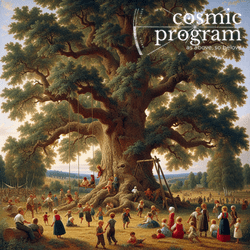

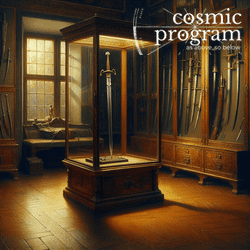









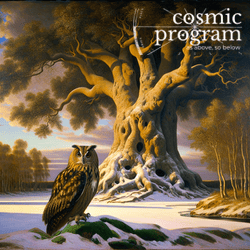



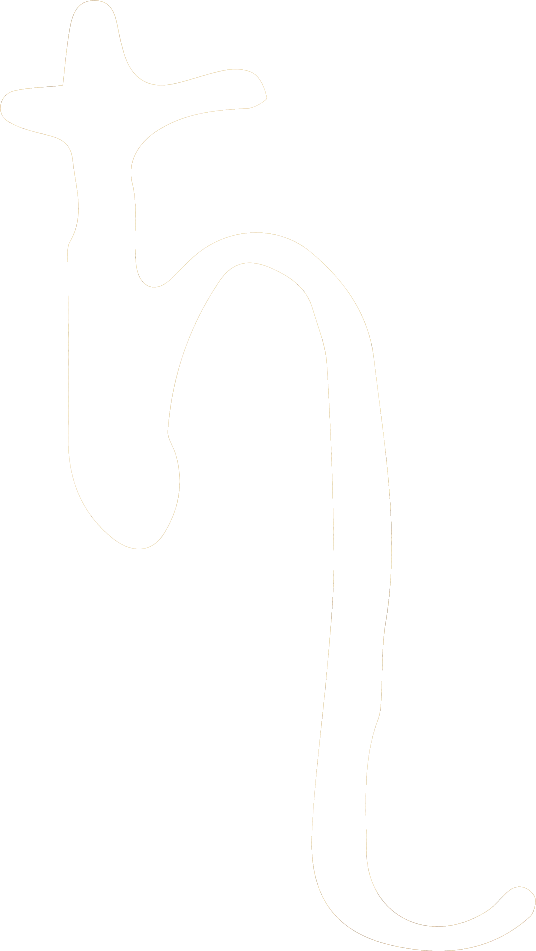

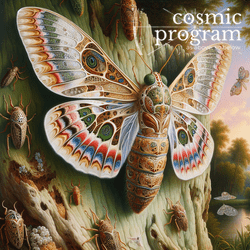























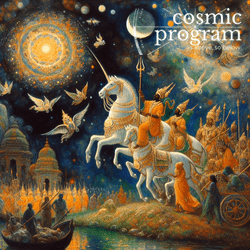
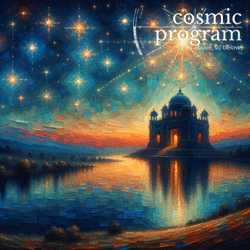
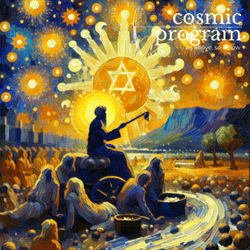
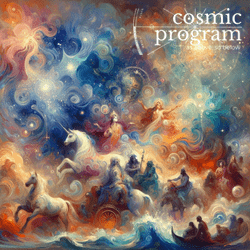
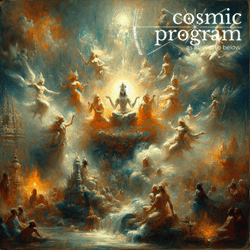


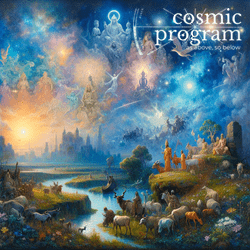
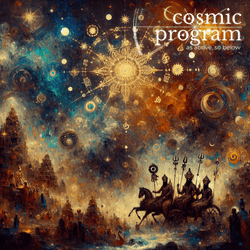


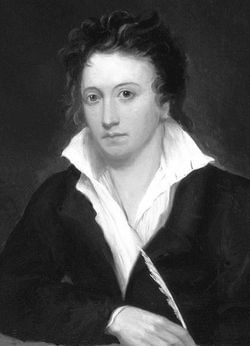
.jpg?bossToken=9d0bc5a6e5284506e0471a0fa91f6fbdb63658cdc38db0091f052944939a8e6f)
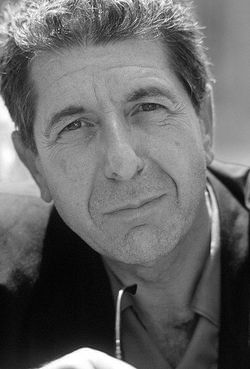
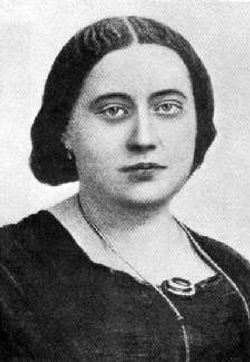

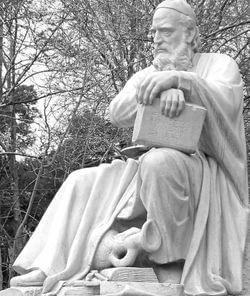
.jpg?bossToken=49322f64b79ba87d6472c753d43da97b5f3a253b2af4821d18b22eef61c7cec6)




